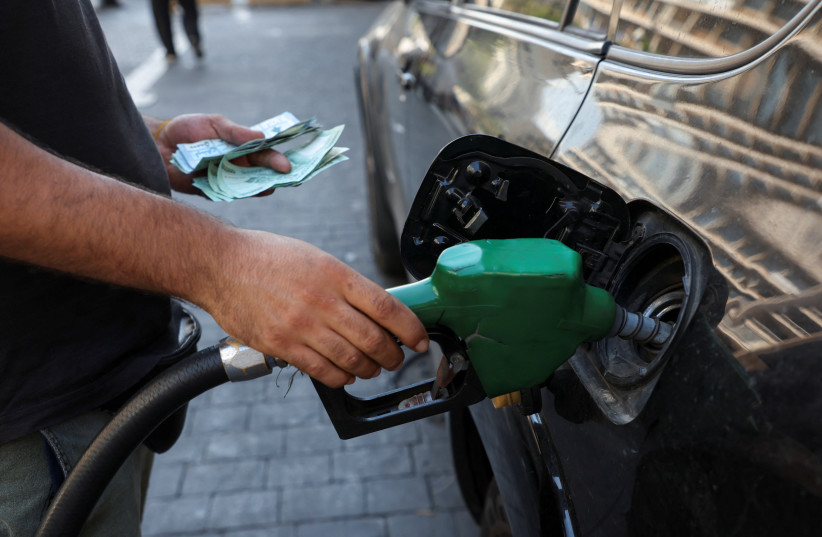Deep underground, dozens of meters beneath the surface, in a classified location in the Negev lies a unique facility storing large quantities of fuel for emergencies, N12 reported on Wednesday.
According to N12's report, the underground fuel cache's goal is to provide continuous operational energy for Israel even during war and in the most challenging scenarios imaginable. It is one of the largest fuel tanks in Israel and is located in a unique facility in the entire Middle East.
Moshe Kaltzyn, CEO of the Energy Infrastructure Directorate: "We are distributing fuel to every corner of the country. We can provide fuel immediately, in a process that takes only a few hours. We have millions of liters here, enough for the long term. You can be confident with the quantity we have here."
According to the National Emergency Authority's attribution scenario, during an expected war in Israel, up to 48 hours of blackouts, covering 60% of the country's territory, are anticipated.

Energy backup system
Estimates suggest that during combat in the northern arena, Israel's gas facilities will be shut down, and electricity supply will switch to operate on the basis of fuel and coal. The vast amount of fuel in the reservoir is expected to suffice for an extended emergency period.
Israel's backup system includes storage capabilities above and below ground throughout the country. When needed, fuel will be distributed to all energy consumers in the country - power stations, Ben Gurion Airport, and fuel stations.
If fuel imports to Israel are completely halted during a war or extreme scenario, the electricity supply will need to be managed with these existing reserves - undoubtedly a challenging task. "This fuel here can last us for many years. The temperature throughout the year is 22 degrees, which effectively preserves the shelf life of the fuel," explains Moshe Elimelech, facility manager.
Energy Minister Eli Cohen: "We have energy reserves underground and above ground, including gas, coal, and various fuels, and we are working to provide a responseben gu as needed. The rumors of long weeks or months of power outages are baseless, and the likelihood of that happening is remote."
